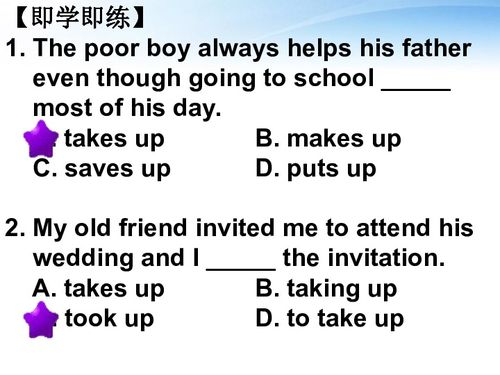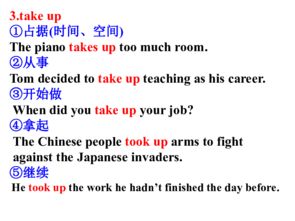Spanish Words That End in “Ar”: A Comprehensive Guide
Are you fascinated by the beauty and diversity of the Spanish language? Do you want to expand your vocabulary and understand the nuances of this rich linguistic tapestry? Look no further! In this article, we will delve into the fascinating world of Spanish words that end in “ar.” We will explore their origins, usage, and provide you with a list of common examples. Get ready to enhance your Spanish skills and impress your friends with your newfound knowledge!
Understanding the “Ar” Ending

The “ar” ending is a common suffix in Spanish, often used to form verbs, adjectives, and nouns. It is derived from the Latin language and has been adapted over time to fit the Spanish grammar system. Understanding the role of “ar” in Spanish words will help you better grasp the language’s structure and usage.
Verbs with “Ar” Ending

One of the most common uses of the “ar” ending is in verbs. Spanish verbs ending in “ar” are known as “ar verbs.” These verbs are conjugated in the present tense using the endings “ar,” “as,” “a,” “amos,” “谩is,” and “an.” Here are some examples:
| Spanish Verb | English Translation |
|---|---|
| comer | to eat |
| hablar | to speak |
| vivir | to live |
| estudiar | to study |
| trabajar | to work |
Adjectives with “Ar” Ending

Adjectives in Spanish often end in “ar” and are used to describe nouns. They are conjugated according to the gender and number of the noun they modify. Here are some examples:
| Spanish Adjective | English Translation |
|---|---|
| grande | big |
| peque帽o | small |
| bonito | beautiful |
| feo | ugly |
| rico | rich |
Nouns with “Ar” Ending
While not as common as verbs and adjectives, some Spanish nouns also end in “ar.” These nouns are typically masculine and singular. Here are a few examples:
| Spanish Noun | English Translation |
|---|---|
| gato | cat |
| perro | dog |
| hombre | man |
| ni帽o | boy |
| ni帽a | girl |
Common Phrases with “Ar” Words
Now that you have a better understanding of Spanish words that end in “ar,” let’s explore some common phrases that incorporate these words:
-
“驴D贸nde est谩 el ba帽o?” – Where is the bathroom?
-
“驴Cu谩nto cuesta?” – How much does it cost?
-
“驴Qu茅 hora es?” – What time is it?





